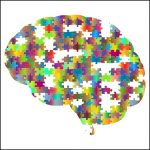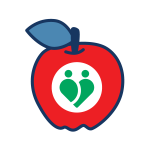4-H Healthy Living Curriculum
#EmpoweringMEandYou
#EmpoweringMEandYou lessons are a part of a multi-year project linked to the National Youth Summits on Healthy Living. Each lesson is designed by Maine 4-H youth (with staff assistance) to be taught by and for middle to high school-aged teens.
Please contact Dr. Kristy Ouellette, kristy.ouellette@maine.edu, 207.581.8202, for more information.
 Lesson 1: Healthy Relationships
Lesson 1: Healthy Relationships
Grades 7-12
#EmpoweringMEandYou Healthy Relationships is designed to empower youth to be advocates for themselves in any relationship they enter by giving youth tools to identify their positive qualities to improve their self-esteem, and by discussing traits of healthy and unhealthy relationships in the context of social media. Ten Healthy Relationships kits are available for loan in Maine to assist in teaching this lesson. These kits are provided in part by a Health in Action Mini-Grant from the Robert Wood Johnson Foundation through National 4-H Council.

Lesson 2: Stress Less – Teen Stress Management
Grades 7-12
#EmpoweringMEandYou Stress Less is designed to educate youth on the effects of stress and how they can combat and cope with stress in their daily lives, and the lives of others. Youth will start by identifying what the effects of stress are and then have the opportunity to practice a variety of coping strategies that can help to reduce these effects on the body. Youth will also learn and practice how to reframe their own negative self-talk and redirect that of others as it relates to stress.
 Lesson 3: Don’t Fall Into the Thinking Trap
Lesson 3: Don’t Fall Into the Thinking Trap
Grades 7-12
Don’t Fall Into the Thinking Trap is designed to educate youth about some of the common ‘Thinking Traps’ or cognitive distortions, and how to stop them before they get “stuck.” Youth will start by learning in small groups about five of the common traps and then play a game to determine if their own thinking tends to fall into traps or not. To finish out the workshop youth will learn some positive coping strategies to help themselves or others get unstuck.

